
Allergies Are Nothing to Sneeze At!
You play with your neighbor’s dog and you end up sneezing for hours. Or you go for a jog in the park and your nose runs faster than you do. Forget about opening the windows. That beings on a whole slew of symptoms.
But, there's hope...and ways to combat those pesky allergens that seem to lurk around every corner.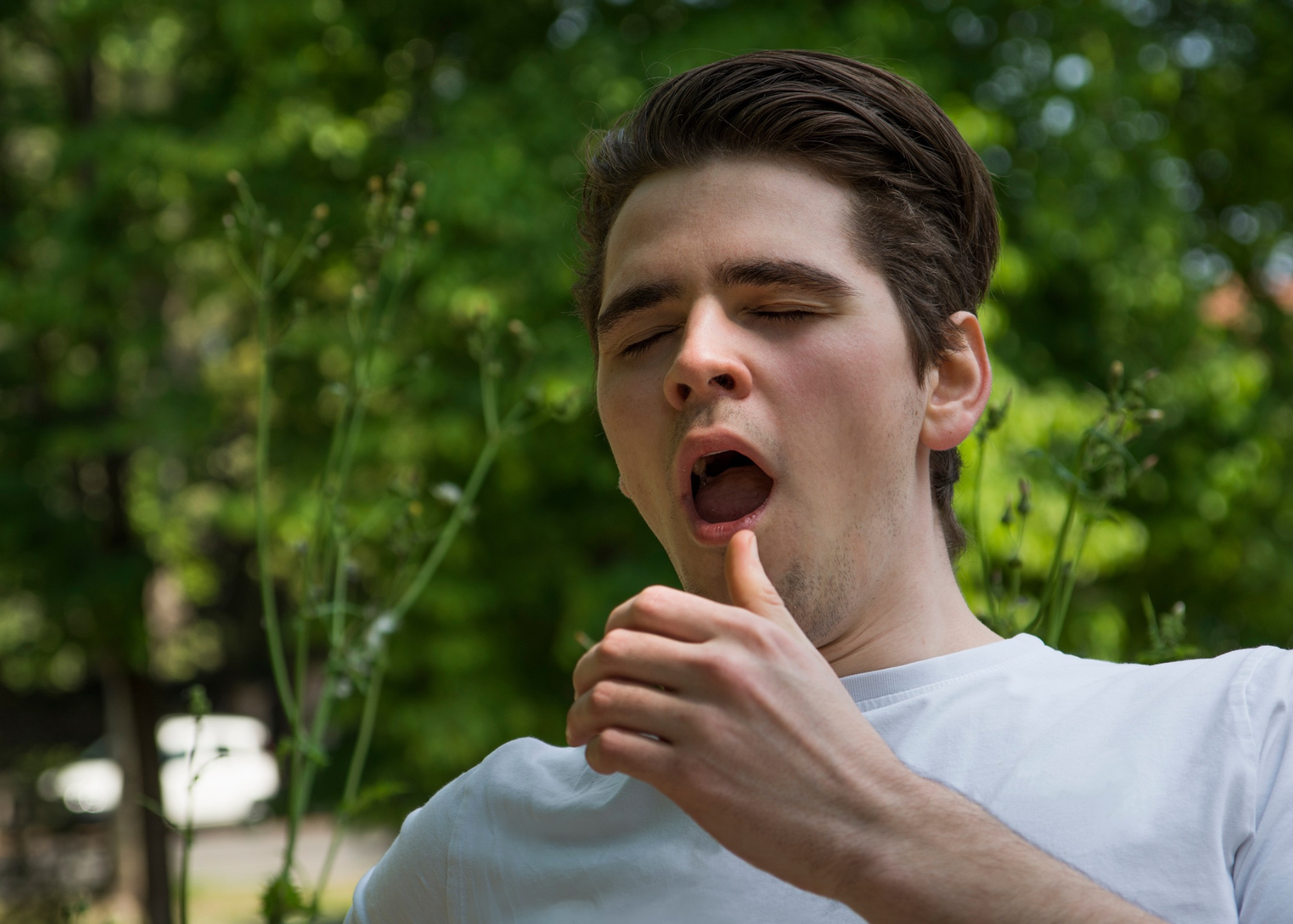
Whether it's tree pollen in the spring, or ragweed in the fall, there are things you can do to lessen your exposure and lessen your symptoms. You can start by avoiding triggers as much as possible - stay indoors during peak pollen times, keep your windows closed, and invest in a good air filter. There are also a number of supplements and homeopathic formulas that can help with sinus allergy relief.
Read on to find out more about steps you can take to minimize the impact of spring allergies.
Why Do Allergies Happen?
Allergies are actually with us all year. The specific allergens that cause seasonal allergies can vary depending on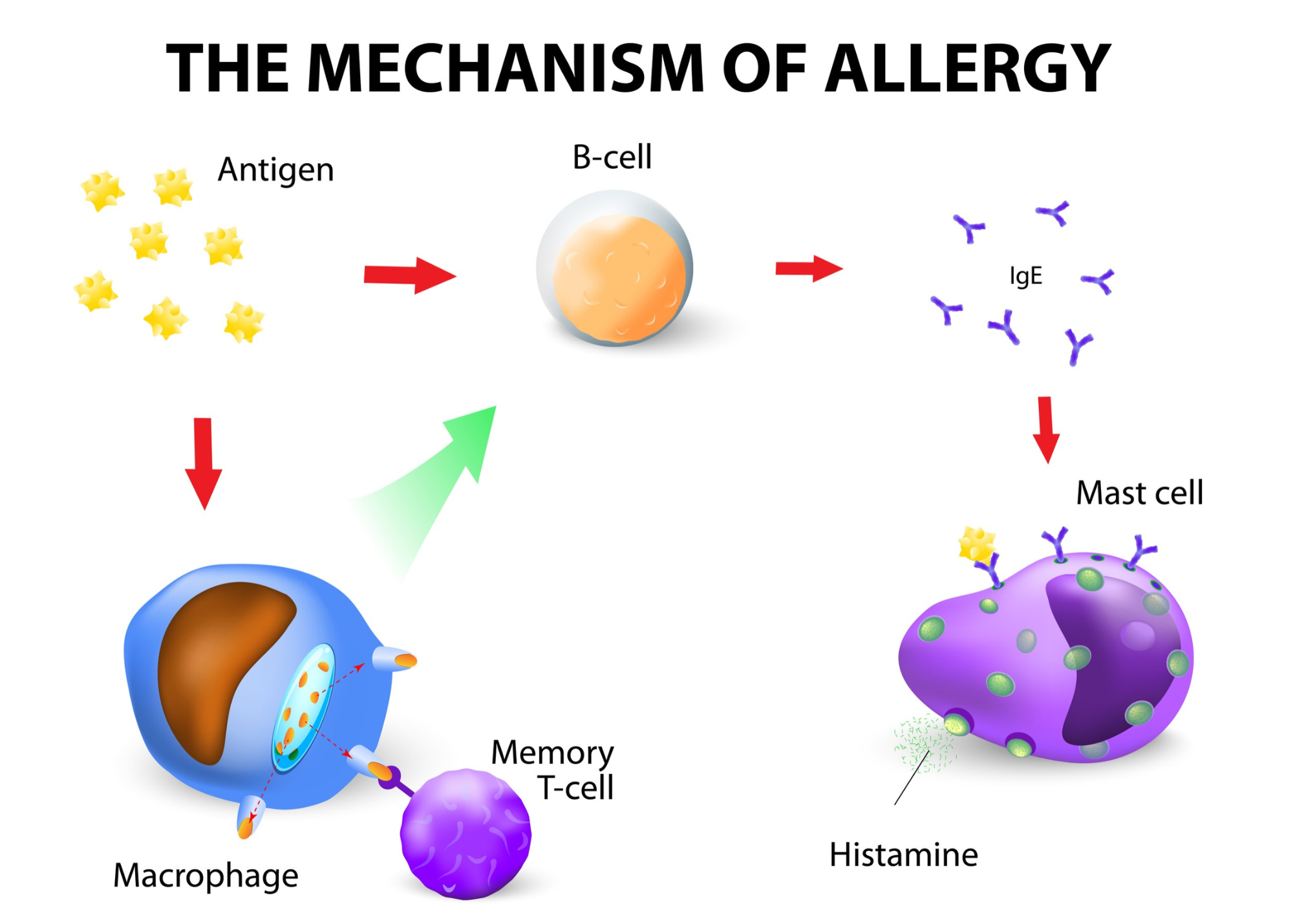 the time of year and where you live. In the spring, tree pollen is a common allergen, while in the fall, ragweed pollen is a major culprit. People who are allergic to indoor allergens such as dust mites or pet dander may experience symptoms year-round.
the time of year and where you live. In the spring, tree pollen is a common allergen, while in the fall, ragweed pollen is a major culprit. People who are allergic to indoor allergens such as dust mites or pet dander may experience symptoms year-round.
Seasonal allergies, also known as hay fever or allergic rhinitis, can be a major annoyance for those who suffer from them. These allergies are caused by the immune system's response to allergens that are present in the environment, such as pollen, mold spores, or dust mites. When exposed to these allergens, the body releases chemicals, such as histamines, which cause inflammation and irritation in the eyes, nose, and throat, resulting in symptoms such as sneezing, congestion, and itchy, watery eyes.
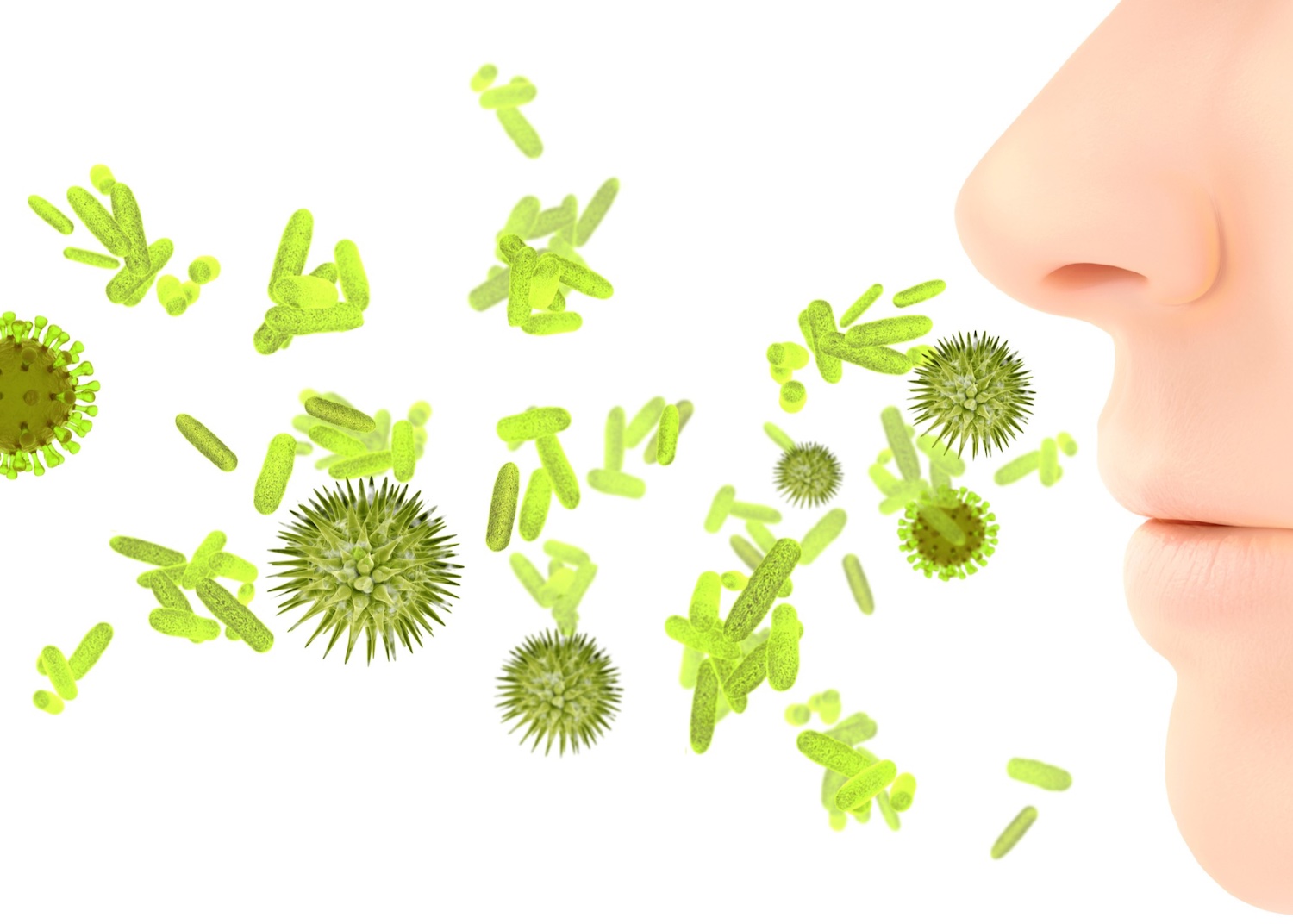 While allergies can occur throughout the year, sinus allergies are most prevalent in the spring, late summer, and early fall when the air is dry and free of moisture. During this time, those airborne particles such as pollen and ragweed can easily spread in the air, making it a critical period for allergy-related illnesses. Fortunately, these allergies tend to subside as winter approaches, with the arrival of frost and cooler temperatures.
While allergies can occur throughout the year, sinus allergies are most prevalent in the spring, late summer, and early fall when the air is dry and free of moisture. During this time, those airborne particles such as pollen and ragweed can easily spread in the air, making it a critical period for allergy-related illnesses. Fortunately, these allergies tend to subside as winter approaches, with the arrival of frost and cooler temperatures.
More people than ever are living with allergies.
Some estimates say up to 50 million Americans have nasal allergies! It’s interesting to note that the prevalence of allergic rhinitis is on the rise. In recent years, there has been a noticeable increase in cases, particularly in developed countries. And while the condition can affect people of all ages, it tends to be quite common in children and young adults, with a peak incidence between the ages of 15 and 25.
Is it allergies or sinus issues?
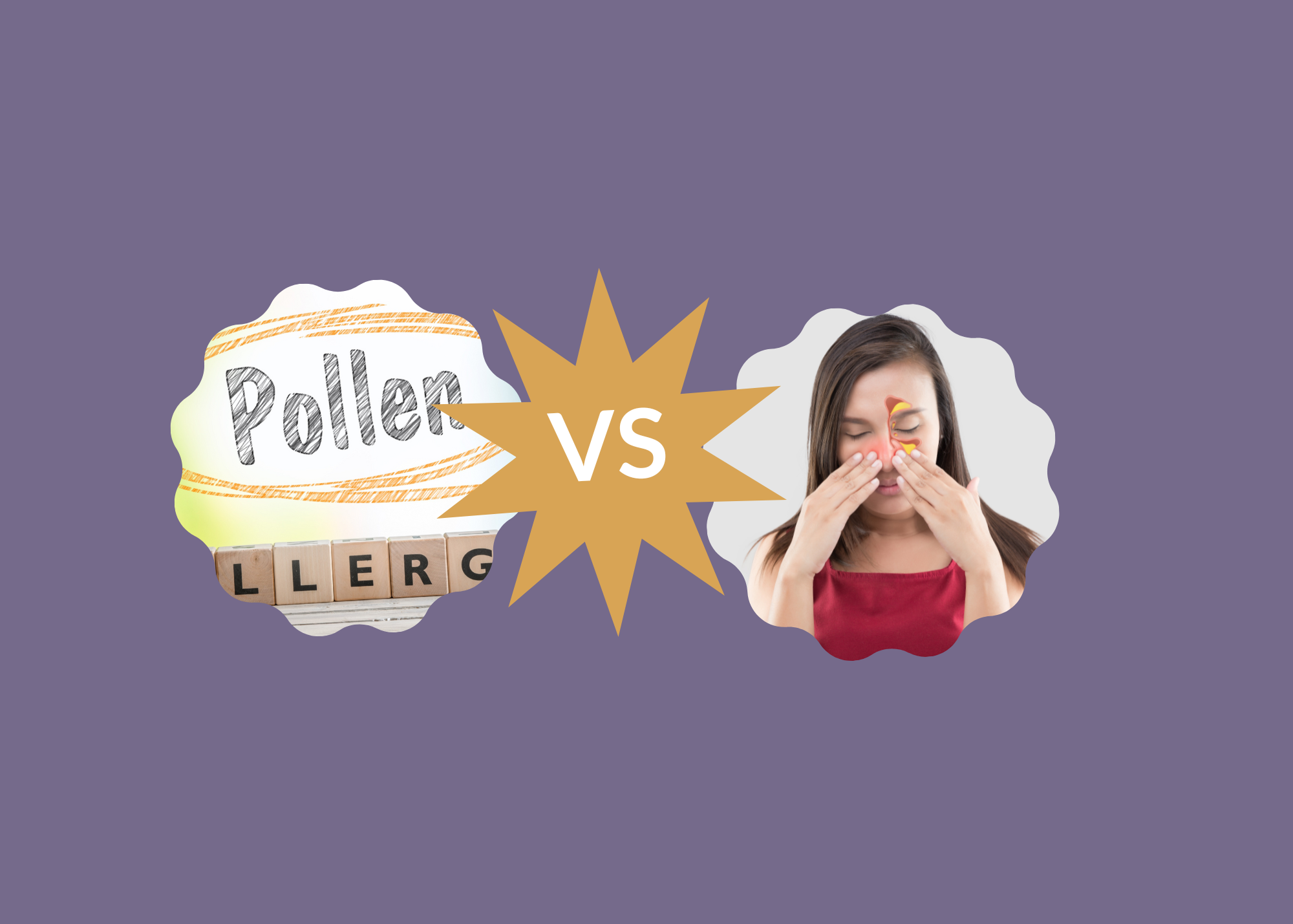 Allergy issues and sinus issues are related but distinct conditions.
Allergy issues and sinus issues are related but distinct conditions.
As we said, allergies are caused by a hypersensitivity of your immune system to certain substances, such as pollen, dust mites, or pet dander. When the immune system encounters these substances, it produces an inflammatory response that can cause a range of symptoms. Allergies can affect any part of the body, including the sinuses, and can be triggered by a variety of factors, including seasonal changes, environmental exposures, and food allergies.
Not so surprising news is that sinus issues refer specifically to problems with your sinuses, which are air-filled cavities located within the bones of the skull. Sinus issues can be caused by a range of factors, including infections, allergies, and structural abnormalities. Common symptoms of sinus issues include nasal congestion, facial pain or pressure, headaches, and postnasal drip.
While allergies can contribute to sinus issues, they’re not the only cause. In fact, many people with sinus issues don’t have allergies at all.
Symptoms of Allergies vs Symptoms of Sinusitis
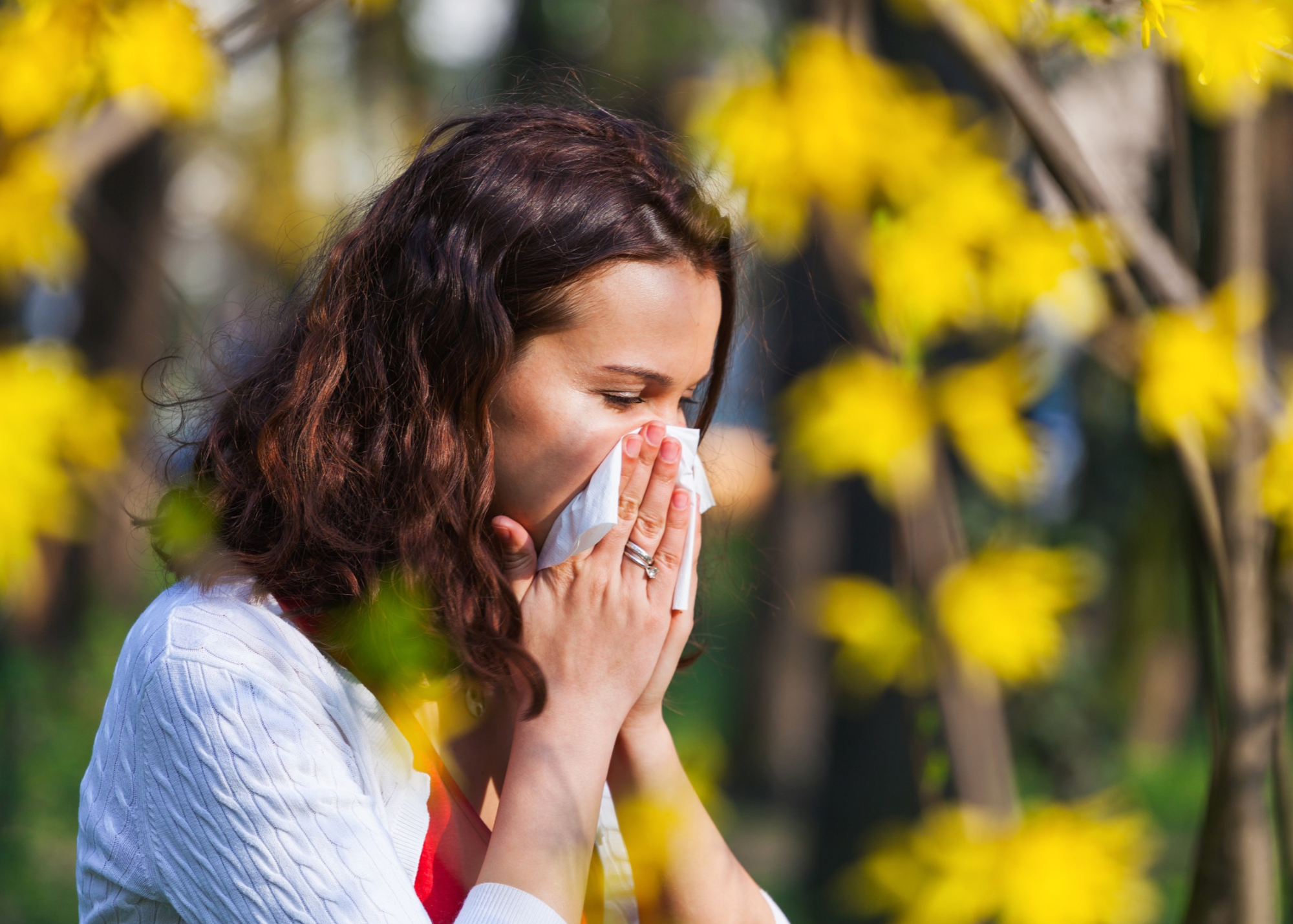 Symptoms of Allergies
Symptoms of Allergies
Some of the allergy symptoms are very common, but shouldn’t be ignored. Any one or more of these symptoms, especially for extended periods of time, can leave you feeling tired and worn out. They include: sneezing, runny nose, itchy, watery eyes, congestion, coughing, postnasal drip, hives, rash swelling, and fatigue.
What are the Symptoms of Sinusitis?
The following symptoms tend to be more often associated with sinusitis: facial pain or pressure, headaches, sore throat, tooth pain, nasal congestion or postnasal drip, bad breath, coughing, and fatigue.
Give yourself a head start
Tips include:
• Avoid triggers: If you know that pollen is a trigger for your allergies, try to stay indoors during times when pollen counts are high. You can check local weather reports for pollen counts, or use an app to track them. If you do go outside, wear sunglasses to help protect your eyes from allergens.
outside, wear sunglasses to help protect your eyes from allergens.
• Keep your home clean: Dust and vacuum frequently to reduce the amount of allergens in your home. Consider using an air purifier with a HEPA filter to trap allergens.
• Use eye drops: Eye drops can help relieve symptoms such as itching and redness.
• Try a saline rinse: A saline rinse can help flush out allergens from your nasal passages and sinuses.
Start addressing your sinus allergy symptoms before they take hold with these proactive measures
While treating allergies after they've kicked in is important, it's also crucial to calm your allergic reactions before they become overwhelming. Taking these measures earlier rather than later is important because once your immune system becomes too reactive, it can be challenging to calm it down.
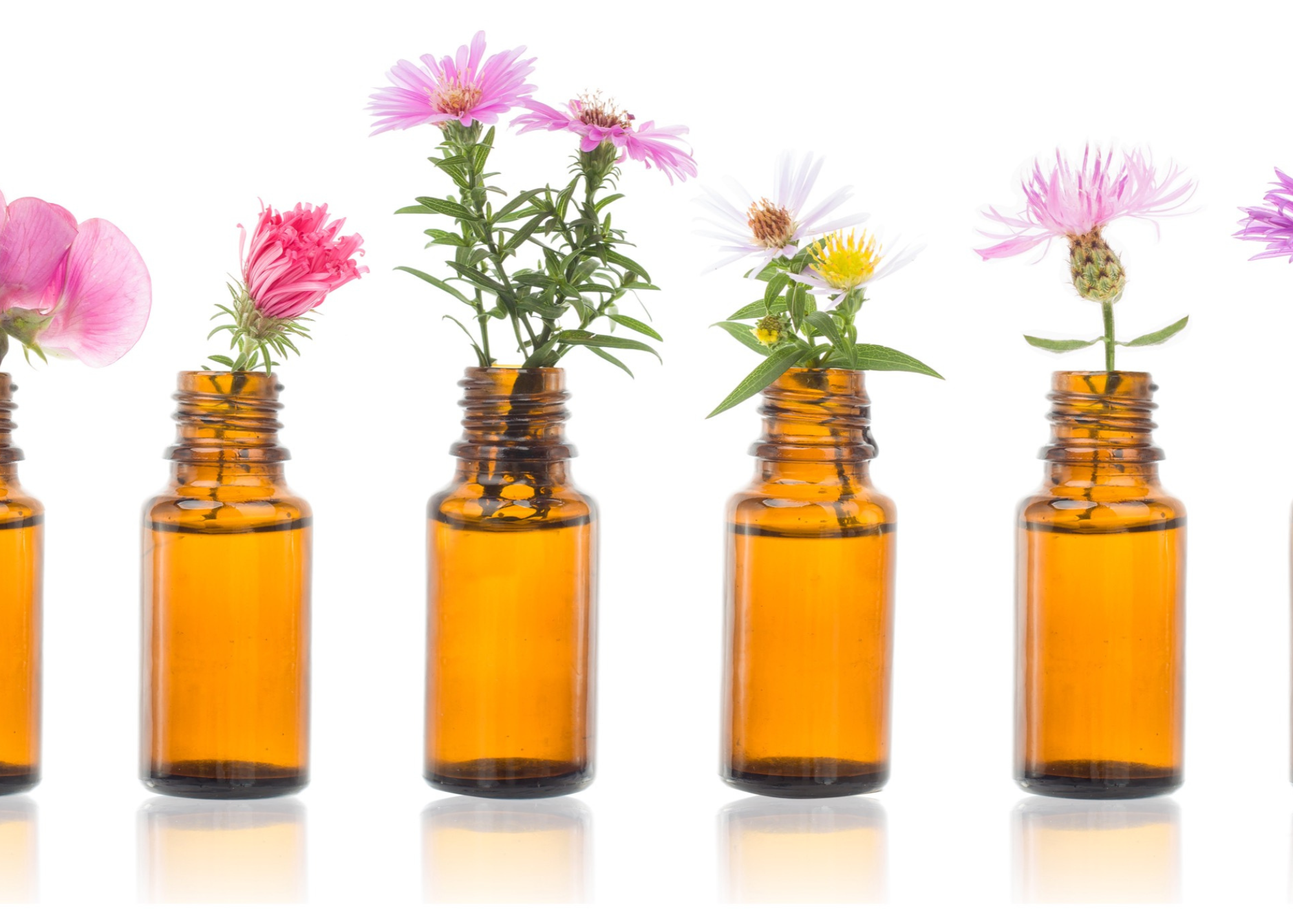 Instead of relying on over-the-counter (OTC) sinus and allergy products, why not consider a natural alternative? Our carefully selected products are made from natural herbal remedies from around the world that have been promoting wellness and optimizing health for centuries. Our formulas contain a scientific blend of target (ingredients that work together for a specific outcome) and tonic (ingredients that support a specific area) ingredients for maximum impact. Plus, who likes the side effects that you may experience when taking OTC allergy and sinus products? We sure don't!
Instead of relying on over-the-counter (OTC) sinus and allergy products, why not consider a natural alternative? Our carefully selected products are made from natural herbal remedies from around the world that have been promoting wellness and optimizing health for centuries. Our formulas contain a scientific blend of target (ingredients that work together for a specific outcome) and tonic (ingredients that support a specific area) ingredients for maximum impact. Plus, who likes the side effects that you may experience when taking OTC allergy and sinus products? We sure don't!
With natural anti-inflammatory ingredients like quercetin, bromelain, and ashwagandha, our supplements and homeopathics can help calm your body down and boost your immune system. Whether you're dealing with sinus issues or allergies, we offer a full line of products designed to support your nose, lung, and chest health as well as help your body's immune system. Try them out and feel the difference for yourself.
Looking for supplements that help support sinus allergy relief? Here you go!
• Allerstop - Support your body's immune defenses with ingredients including Vitamin C, Pantothenic Acid, Potassium, MSM (methylsulfonylmethane), Bromelain and Quercetin. Allerstop works to help you find relief from sneezing, runny nose, congestion, and scratchy throat.
• Sinus - Inside the all-natural Sinus formula, you’ll find herbs like Bitter Orange fruit, Quercetin, Green Tea ext, 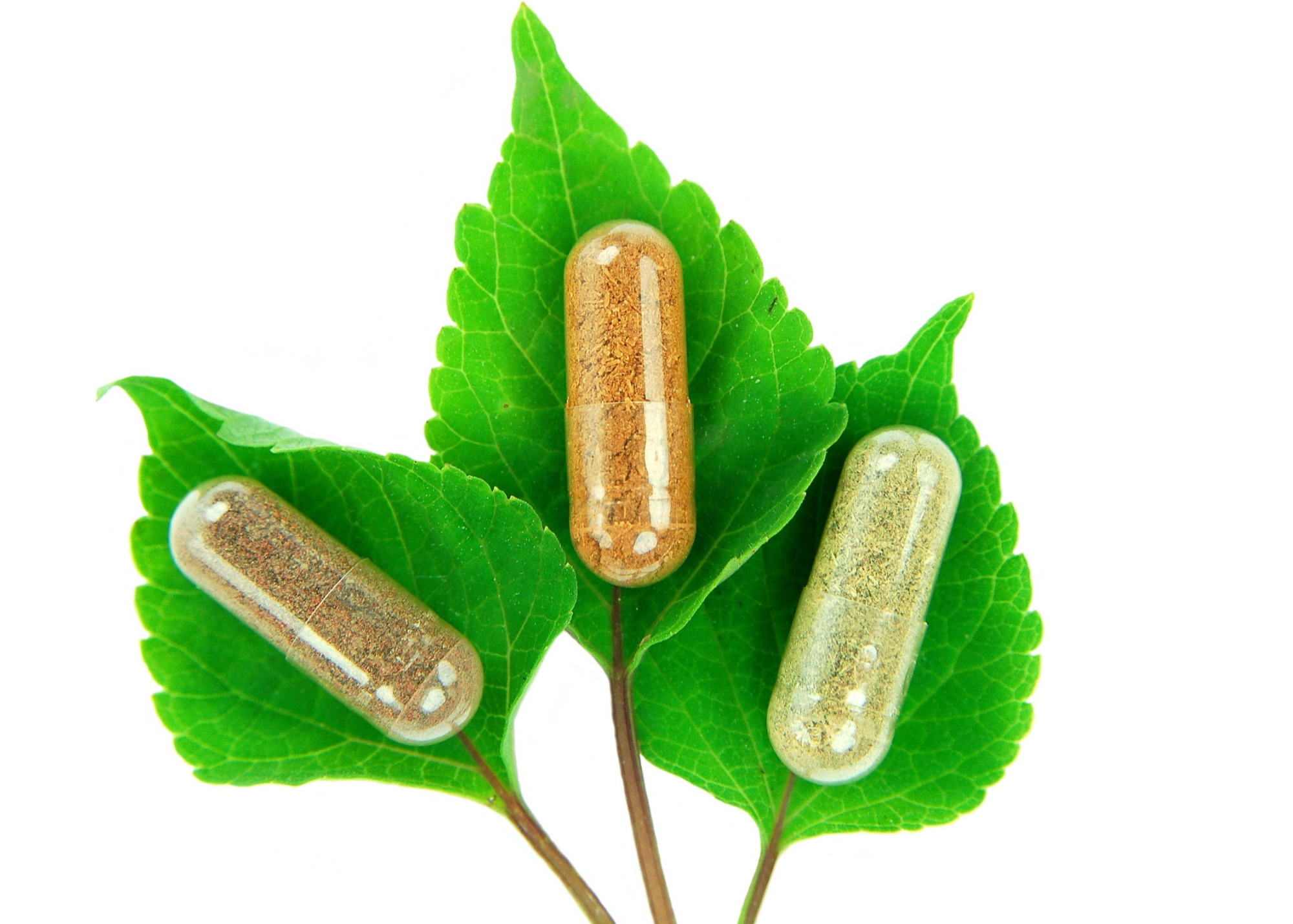 Euphrasia aerials, Eucalyptus leaf, Fenugreek seed, Guarana seed, and Goldenseal root, which support your body without the negative side effects that come from using products with harmful or toxic ingredients.
Euphrasia aerials, Eucalyptus leaf, Fenugreek seed, Guarana seed, and Goldenseal root, which support your body without the negative side effects that come from using products with harmful or toxic ingredients.
• A-24 Pollen Allergy Mix #1 - A-24 is a homeopathic antigen formula specially formulated to address allergic reactions caused by pollen.
(In homeopathy, an antigen is a substance that is used as a basis for a homeopathic remedy. Homeopathic remedies, are made by repeatedly diluting and succussing (shaking) a substance in water or alcohol. All DNA Labs homeopathics are still made in the traditional way. Small batches are formulated in dark glass, they are hand succussed using rubber mats, then poured by hand from glass into glass. No metal or machinery is used in the manufacturing process.)
• D-49 SINUGEN West German Homeopathic Formula by Dynamic Nutritional Associates (DNA Labs) offering support for acute inflammation
Other supplements for allergy support include:
Vitamin C which is a natural antihistamine and antioxidant. It helps to boost the immune system and reduce inflammation.
Probiotics are live bacteria and yeasts that are good for the digestive system. They can help improve gut health, which in turn can improve the immune system. Probiotics may help reduce the frequency and severity of certain types of allergy symptoms.
Omega-3 fatty acids are another supplement that may help with allergy relief. They have anti-inflammatory properties that may support allergy symptom relief.
In addition, it's also important to take care of your overall health by eating a healthy diet, getting enough sleep, and managing stress. All of these factors can affect your immune system and make you more or less susceptible to seasonal allergies. By taking a proactive approach to your health, you can help minimize the impact of seasonal allergies on your life and enjoy the beauty of every season without fear.
Feel better the natural way...with Naturally Botanicals.

Note: The content of this article, and additional content on this website, are for informational purposes only and are not intended to be a substitute for professional medical advice, diagnosis, or treatment. Always seek the advice of a physician or other qualified health provider with any questions you may have regarding a medical condition. Never disregard professional medical advice or delay in seeking help because of something you read here on this website


